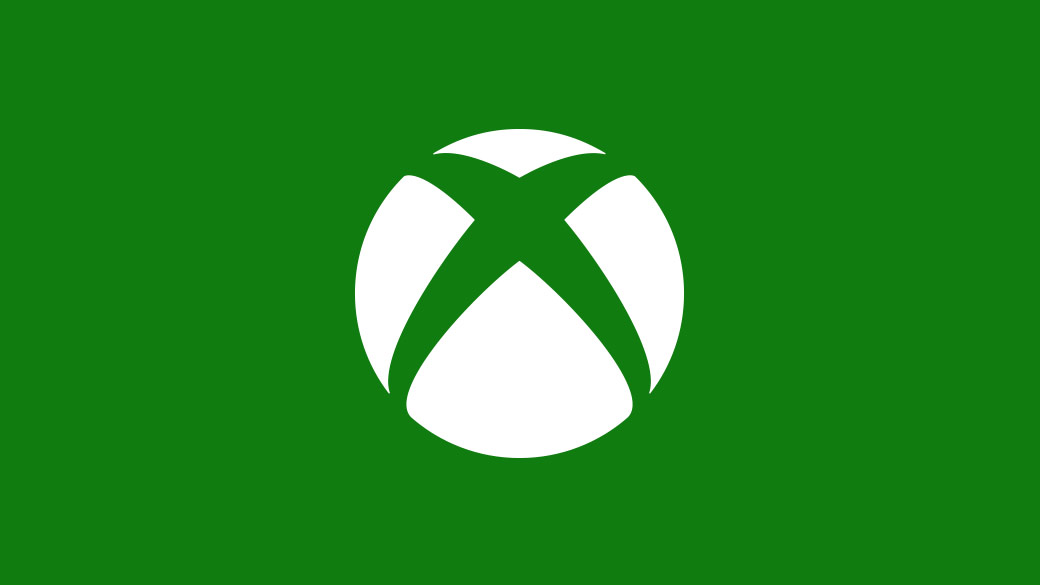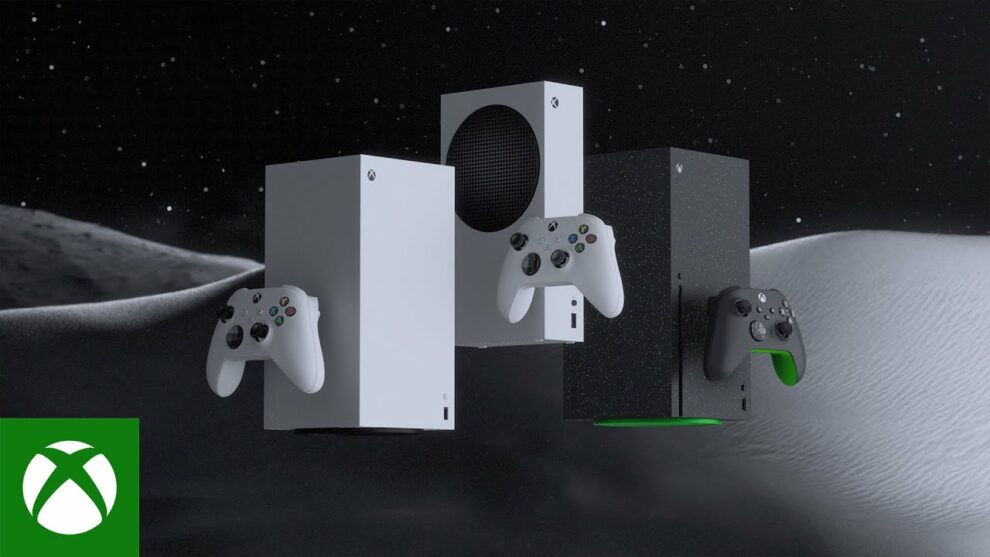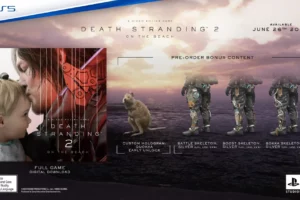A significant transformation in the gaming industry landscape has emerged as reliable insider reports suggest Microsoft is abandoning its long-standing Xbox console exclusivity strategy. This revelation comes in the wake of The Outer Worlds 2’s surprise announcement at The Game Awards, where the game was confirmed for PlayStation 5 alongside its Xbox and Steam release in 2025.
Windows Central executive editor Jez Corden, known for his accurate insights into Microsoft’s gaming division, has made the bold declaration that “the era of Xbox having permanent console exclusives is over.” This statement follows a year that has already seen Microsoft gradually opening its gates, with titles like Hi-Fi Rush, Grounded, and Pentiment making their way to PlayStation platforms, and the upcoming Indiana Jones and the Great Circle reportedly following suit.
The shift represents a dramatic departure from traditional console manufacturing strategy, where platform holders typically rely on exclusive games to drive hardware sales. Microsoft’s new approach suggests a fundamental rethinking of how gaming platforms compete in the modern era, potentially prioritizing software sales and service subscriptions over hardware dominance.
Corden’s insights reveal a nuanced strategy behind this transition. According to the editor, Microsoft’s seemingly cautious approach to announcing this change stems from a desire to avoid mandating multiplatform development for studios that aren’t currently equipped for it. This consideration for developer capabilities indicates a measured, studio-by-studio implementation rather than an immediate, sweeping change.
The revelation has sparked considerable discussion within the gaming community, with some questioning why Xbox hasn’t made this strategy shift more explicit. The perceived lack of clear communication has led to confusion among fans, particularly as exclusive titles continue to be announced without immediate confirmation of their eventual multiplatform release.

This evolution in Microsoft’s gaming strategy appears to align with the company’s broader vision of expanding its gaming ecosystem beyond the traditional console boundaries. The focus seems to be shifting toward maximizing game accessibility and potential audience reach, rather than maintaining platform exclusivity as a competitive advantage.
The announcement of The Outer Worlds 2’s simultaneous release on PS5 serves as a significant milestone in this transition. Unlike previous releases that saw delayed launches on competing platforms, this approach suggests a more immediate embracing of multiplatform development from the outset of project planning.
This strategic pivot raises interesting questions about the future of console competition and platform differentiation. With exclusive content becoming less of a distinguishing factor, platform holders may need to find new ways to attract and retain users, potentially through services, features, or technical capabilities unique to their ecosystems.
The implications of this shift extend beyond Microsoft and Xbox, potentially influencing how the entire gaming industry approaches platform exclusivity in the future. As one of the major players in the console space makes this significant change, it could prompt broader industry reconsideration of traditional exclusivity strategies.
For gamers, this transformation promises increased accessibility to previously platform-restricted content, though questions remain about how this might affect the unique identity and appeal of individual gaming platforms moving forward. As the industry continues to evolve, Microsoft’s bold step away from permanent exclusives may mark the beginning of a new era in how games are distributed and experienced across different platforms.















Add Comment